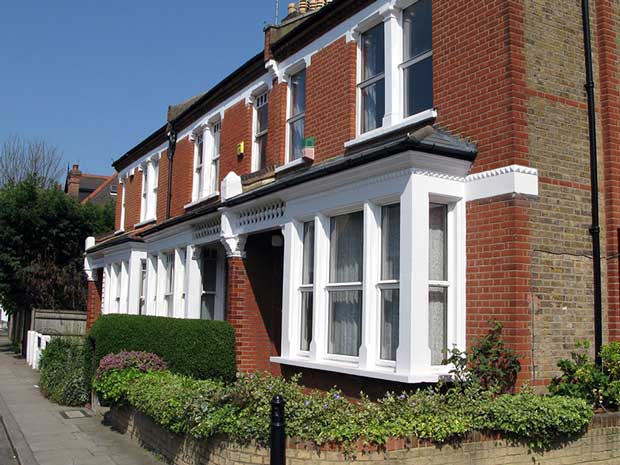What's The Difference Between Pressure Washing And Soft Washing?
Pressure washing hard surfaces removes ground-in stains and dirt, but it can damage more delicate surfaces like roof shingles. Pressure washing penetrates below the surface to lift and remove dirt and grime.
Soft washing is for more delicate surfaces. House washing is an excellent example of a soft washing project, as siding—especially brittle surfaces like vinyl siding—will shatter if not protected with soft washing. Roof shingles will damage if not soft washed with low or no pressure.
Is It Safe To Use High Pressure Washing On All My Home Surfaces?
No. House siding like vinyl siding is susceptible to damage from high-pressure washing. Your roof should also never be high pressure washed, as shingle destruction—as well as water and structural damage—will occur from high-pressure washing. A professional pressure washer will know what equipment is appropriate for the job.
How Often Should I Get My House Washed?
Most professionals recommend once a year. But you can also ask the following:
1. What's my weather and climate? Humid climates with lots of rain will grow mold faster than an arid climate with little rainfall.
2. How much is my house exposed to dirt, dust, mold, or mildew? If you live on a dirt road, your home will be dusty. Or if shady trees surround your house, mold may be your problem.
3. What's material is my siding made of? Is it vinyl siding, brick, wood?
Your pressure washing professionals at G's House Washing can answer these questions to establish a pressure washing schedule.
What Could Happen If I Don't Get Snow Removed Quickly?
Several things could happen, from the annoying to the dangerous. High snowbanks restrict visibility and fill up your driveway, while snow and ice-covered steps and sidewalks are slippery and dangerous. Unfortunately, liability concerns are prevalent these days. Keeping the sidewalk clear at your business or the path to your door ice-free is very important.
Another problem with accumulated snow is storm-drain blockage. If you don't remove snow right away, blocked drains will cause flooding or cause an ice dam that could damage your roof further.
If you have more questions or any concerns, our team is standing by and ready to help.

